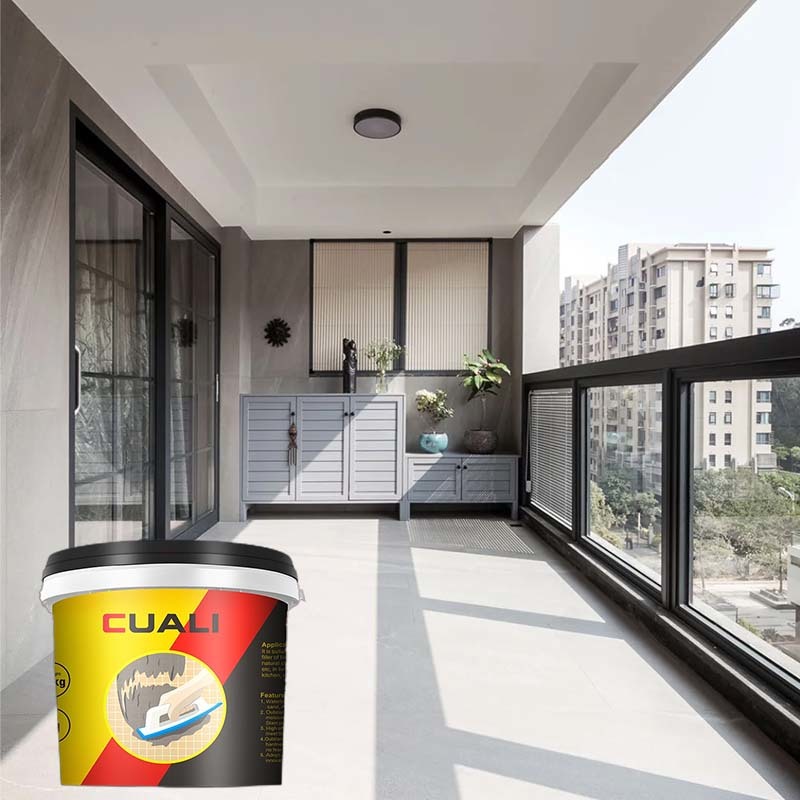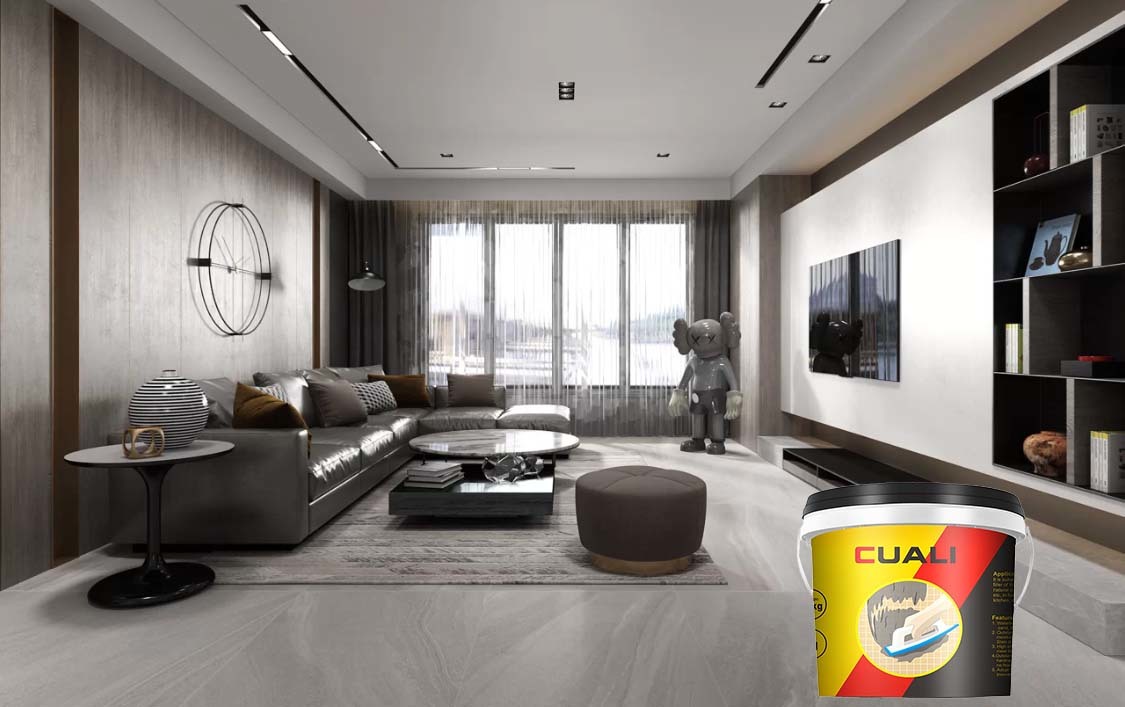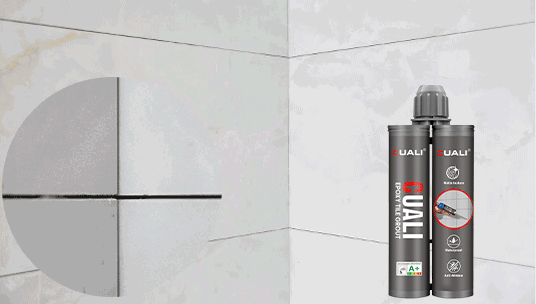
Types of Tile Grout Available in the Market
Tile grout comes in various formulations, each designed to suit specific needs like moisture resistance, durability, or ease of use. Here’s a breakdown of the most common types:
1. Cement-Based Grout
- Composition: Made from Portland cement, sand, and water (or polymer additives for enhanced performance).
- Variants:
- Unsanded grout: Smooth texture, ideal for narrow joints (≤1/8 inch) in glass, polished stone, or ceramic tiles (avoids scratching delicate surfaces).
- Sanded grout: Contains fine sand, better for wider joints (1/8–1/2 inch) in floor tiles or outdoor patios (adds strength to prevent shrinking).
- Polymer-modified cement grout: Mixed with polymers to improve adhesion, flexibility, and water resistance (a step up from basic cement grout).
- Best for: Dry or low-moisture indoor areas (living rooms, bedrooms) on a budget.

2. Epoxy Grout
- Composition: Two-part mix (resin + hardener) with no cement.
- Key traits: Highly water-resistant, stain-proof, and durable. Resists mold, chemicals (e.g., cleaning agents), and heavy foot traffic.
- Best for: Wet areas (showers, kitchens), commercial spaces (restaurants, malls), or tiles prone to staining (natural stone).
- Note: More expensive than cement grout and requires precise mixing/application.
3. Polyurea Grout
- Composition: Based on polyurea resins, often with added additives for flexibility.
- Key traits: Exceptional UV resistance (no yellowing in sunlight), superior elasticity (handles thermal expansion), and long lifespan (up to 20+ years). Solvent-free and eco-friendly.
- Best for: Outdoor spaces (patios, pool decks), light-colored grout needs, or areas with temperature fluctuations (sunrooms, garages).

4. Furan Grout
- Composition: Made from furan resin, a chemical-resistant polymer.
- Key traits: Extremely resistant to acids, oils, and high temperatures—ideal for industrial settings.
- Best for: Commercial kitchens, factories, or labs with harsh chemical exposure.
- Note: Toxic fumes during curing require professional application; not suitable for residential use.
5. Acrylic Grout
- Composition: Water-based acrylic polymer mixed with cement.
- Key traits: Easy to apply and clean, with moderate water resistance. Available in pre-mixed formulas for DIY projects.
- Best for: Dry to moderately wet indoor areas (bathroom walls, backsplashes) where ease of use is prioritized over long-term durability.

Summary:
The market offers diverse tile grouts, including cement-based (budget-friendly for dry areas), epoxy (water/stain-resistant for wet spaces), polyurea (UV-resistant for outdoors), furan (industrial-grade chemical resistance), and acrylic (easy-to-use for DIY). Each type caters to specific environments and needs.
Time:
2025-08-20
More News
